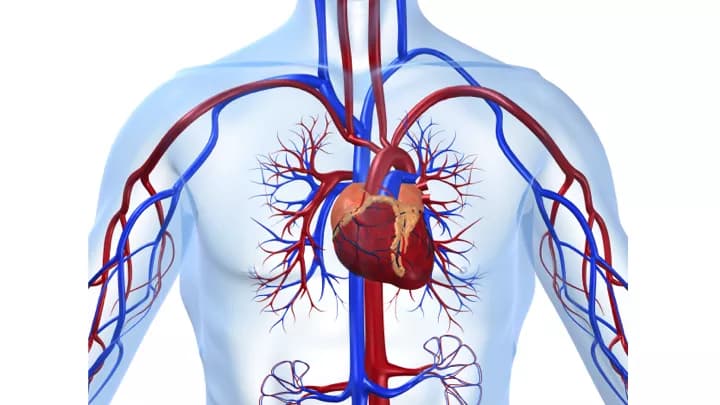
Children Exposed To Chemicals In 9/11 'Dust' Show Early Signs Of Risk Of Heart Disease
Sixteen years after the collapse of the World Trade Center towers sent a "cloud" of toxic debris across Lower Manhattan, children living nearby who likely breathed in the ash and fumes are showing early signs of risk for future heart disease.
This is the main finding of an analysis by NYU Langone Health researchers of blood tests of 308 children, 123 of whom may have come in direct contact with the dust on 9/11. Researchers found that children with higher blood levels of the chemicals known to be in the dust had elevated levels of artery-hardening fats in their blood.
The scientists' report is set to appear in the journal Environment International online Sept. 7.
"Since 9/11, we have focused a lot of attention on the psychological and mental fallout from witnessing the tragedy, but only now are the potential physical consequences of being within the disaster zone itself becoming clear," says study lead investigator and health epidemiologist Leonardo Trasande, MD, MPP, an associate professor at NYU School of Medicine.
Study children who were more likely to be exposed to the dust, mostly young adults now, were enrollees in the World Trade Center Health Registry (WTCHR), which is helping to track the physical and mental health, through annual check-ups, of nearly 2,900 children who either lived or attended school in Lower Manhattan on 9/11.
According to Trasande, his study is the first to suggest long-term cardiovascular health risks in children from toxic chemical exposure on 9/11.
He says the long-term danger may stem from exposure to certain perfluoroalkyl substances, or PFASs -- chemicals released into the air as electronics and furniture burned in the disaster. These include perfluorooctanoic acid (PFOA), widely used to make plastics more flexible until its health effects, including lower-than-normal birthweights and brain damage, led U.S. manufacturers to stop using it in 2014.
An analysis by Trasande in January 2017 showed that the same 123 children in the WTCHR had significantly higher PFOA blood levels than 185 children who were not living or studying in the city on the day of the attack.
Among the latest study's results was that roughly every threefold increase in blood PFOA levels was tied to an average 9 percent to 15 percent increase in blood fats, including LDL cholesterol and triglycerides.
According to Trasande, raised fat levels in the blood, especially LDL, are known risk factors for heart disease and can if left unchecked lead to blood vessel blockages and heart attack.
Fortunately, he says, these very early signs of cardiovascular risk observed in the WTCHR children can generally be addressed by diet, weight control, and exercise.
"Our study emphasizes the importance of monitoring the health consequences from 9/11 in children exposed to the dust, and offers hope that early intervention can alleviate some of the dangers to health posed by the disaster," says Trasande.
In another study published in the Journal of Psychiatric Research in June, a different research team at NYU found raised blood levels of C-reactive protein (CRP) in people who reported being exposed to WTC dust on 9/11. Previous research has linked increases in CRP to inflammation and higher rates of post-traumatic stress disorder (PTSD). The study involved 641 men and women whose health was being monitored at NYC Health + Hospitals/Bellevue for effects linked to 9/11. Researchers found that people with raised CRP had a 12 percent greater risk of PTSD than people whose CRP was not elevated.
Materials provided by NYU Langone Health / NYU School of Medicine. Note: Content may be edited for style and length.
Disclaimer: DoveMed is not responsible for the accuracy of the adapted version of news releases posted to DoveMed by contributing universities and institutions.
References:
Tony T. Koshy, Teresa M. Attina, Akhgar Ghassabian, Joseph Gilbert, Lauren K. Burdine, Michael Marmor, Masato Honda, Dinh Binh Chu, Xiaoxia Han, Yongzhao Shao, Kurunthachalam Kannan, Elaine M. Urbina, Leonardo Trasande. (2017). Serum perfluoroalkyl substances and cardiometabolic consequences in adolescents exposed to the World Trade Center disaster and a matched comparison group. Environment International. DOI: 10.1016/j.envint.2017.08.003
Related Articles
Test Your Knowledge
Asked by users
Related Centers
Related Specialties
Related Physicians
Related Procedures
Related Resources
Join DoveHubs
and connect with fellow professionals

0 Comments
Please log in to post a comment.